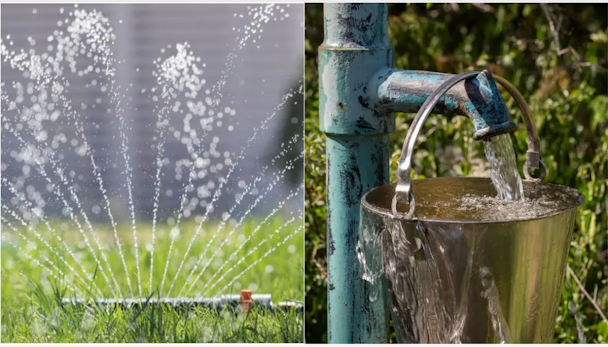Sweden’s largest island concludes ‘ugliest lawn’ competition with water-saving message
Sweden’s largest island Gotland has hosted an ugliest lawn competition in a bid to promote water conversation.

An irrigation ban was introduced on the island
The competition sprung from the island, located in the middle of the Baltic Sea, after it received a record-breaking number of visitors and residents last summer. This prompted the authorities to make drastic changes to save its water supplies. An irrigation ban was introduced, meaning residents were not allowed to water their lawns.
Due to the influx of tourists, Gotland’s population doubles during the summer months, and this results in heavy demand on water reserves and limited groundwater supplies. As per a 2022 OECD policy report, water availability is projected to decrease by 13.3% in Gotland between 2021 and 2050. By 2045, the demand for water will increase by more than 40%.
Mimmi Gibson, acting marketing and brand manager at Region Gotland, said: “You might find it a bit strange that we want to pay homage to ugly lawns, but we have a challenge not being allowed to water our lawns.”
She further added that the ugliest lawn contest would remind islanders not to waste water, and to talk about ways they can adapt their gardens to suit the existing conditions and the climate crisis.
Advertisement
The prize was won by Marcus Norström for his “really lousy lawn that lives up to all our expectations of Gotland’s ugliest lawn and has good conditions for more sustainable improvement.”
The Swedish national television broadcaster SVT has announced that water levels on the island look promising enough that the irrigation ban will be lifted on September 1.
“The irrigation ban that was introduced on April 24 earlier this year is now about to end. The water levels on the island look so good that the ban will be lifted on September 1. It looks better in our water sources now compared to the same time last year. In addition, consumption this summer has been lower than last year’s summer,” said the head of the technical administration’s water unit Patrik Johansson in a statement.
